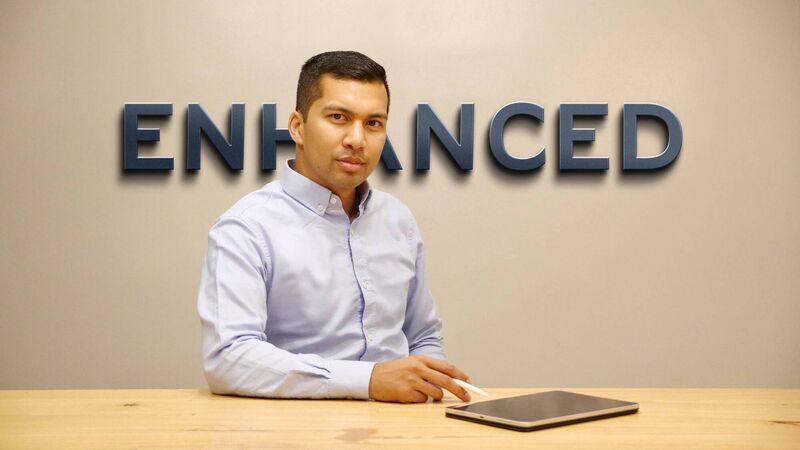The Enhanced Games: A new era for sport or a dangerous step backward?

Enhanced Games founder Aron D'Souza.
In 2026, Las Vegas will host the inaugural Enhanced Games — a sporting event where athletes are encouraged to use performance-enhancing drugs to push the limits of human capability.
The event, founded by Australian entrepreneur Dr Aron D’Souza, promises million-dollar prizes, no anti-doping rules, and a bold vision of “superhuman” performance through science and self-determination. The games are being marketed as a bold alternative to the Olympic model.













